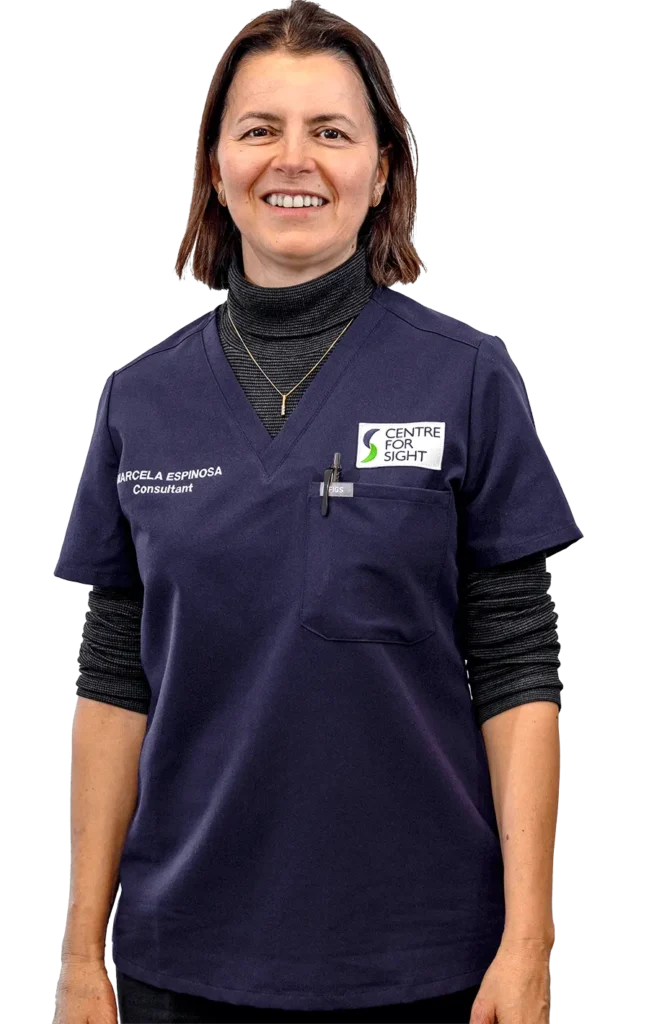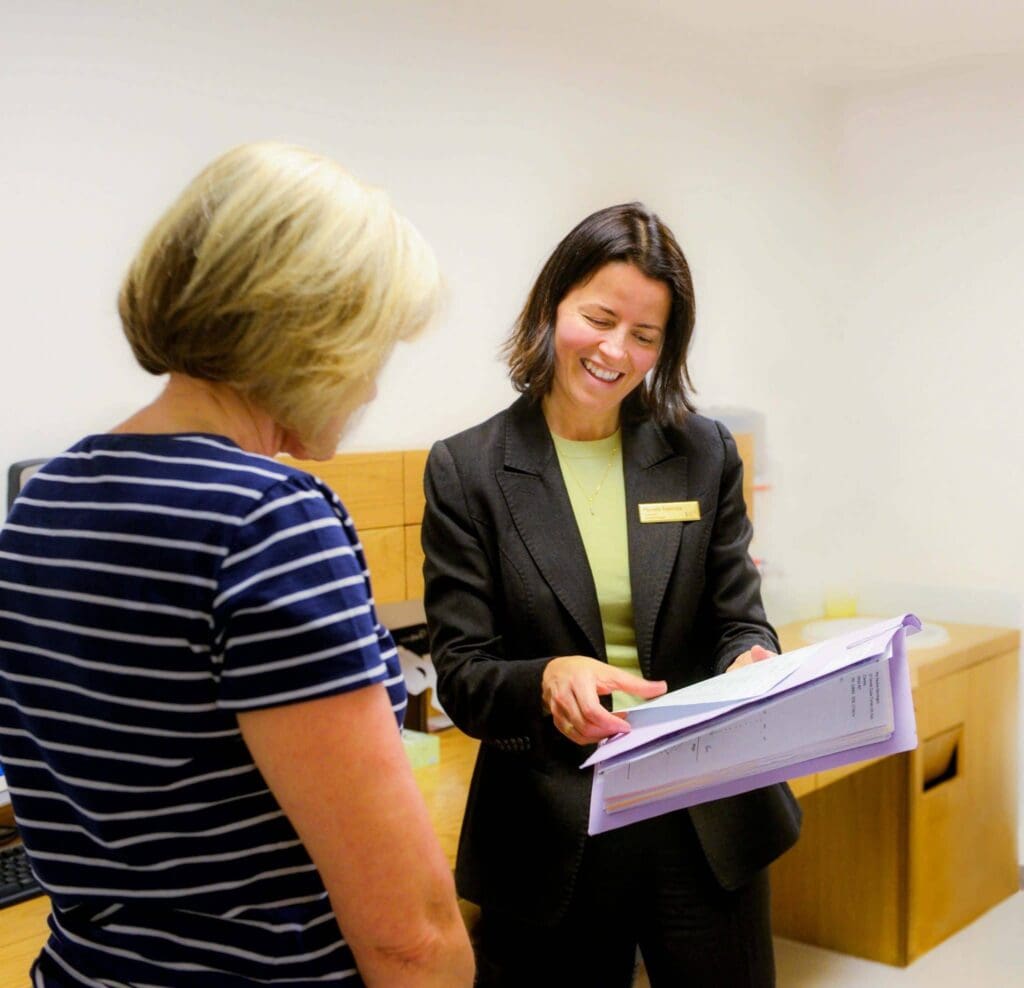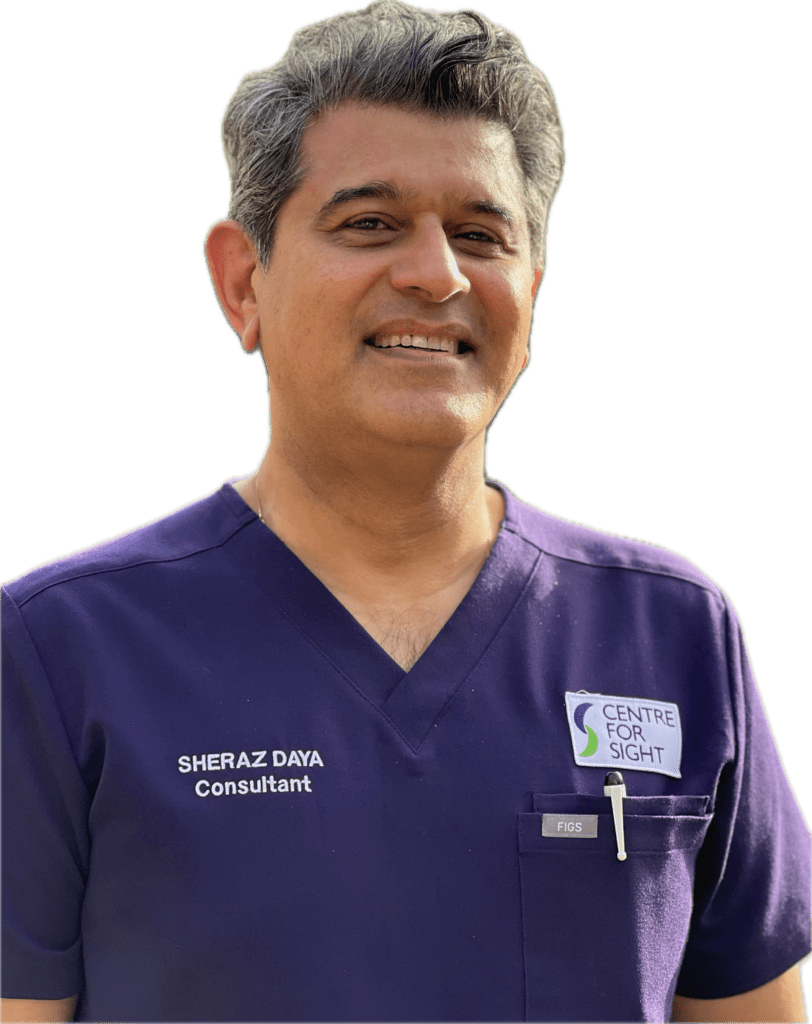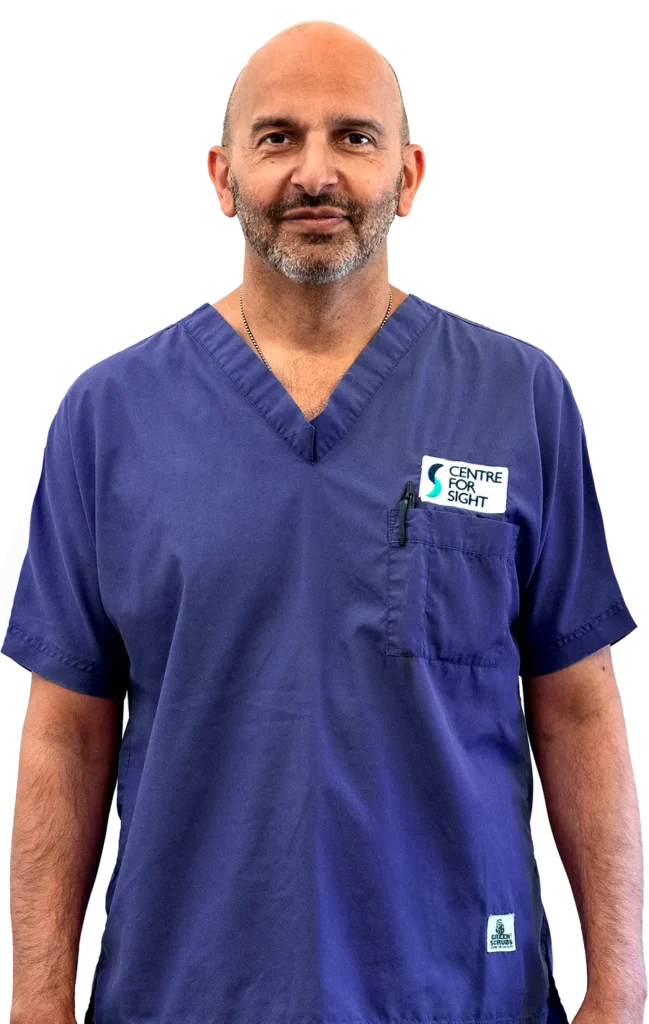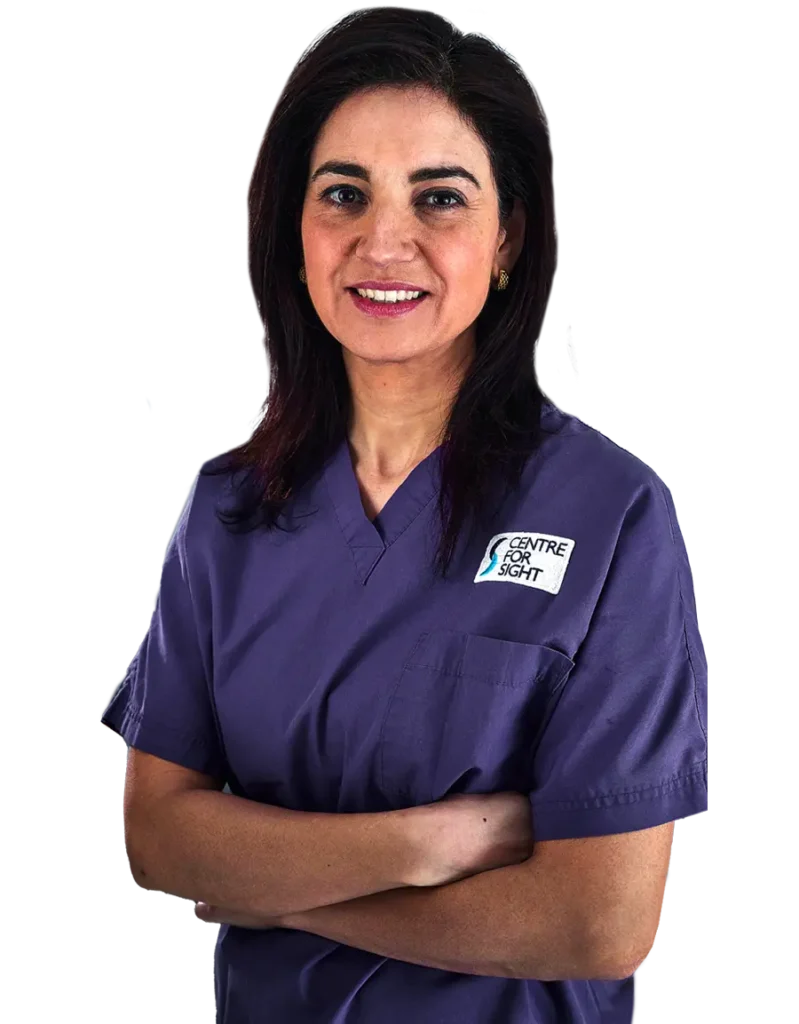Once checked in by the receptionist you will have a vision test and the pressure within your eyes will be checked. The YAG procedure will be explained once again to you and you will be asked to sign a consent form. Drops will be used to dilate your pupil and later anaesthetic drops will be used to numb your eye. There are no injections or needles are used. When your eye is completely numb, a contact lens will be placed to help focus the laser accurately and also keep you from blinking.
Your consultant will use the YAG laser to create an opening in the centre for the cloudy capsule. The opening allows clear passage of light rays and eliminates the cloudiness interfering with your vision.




